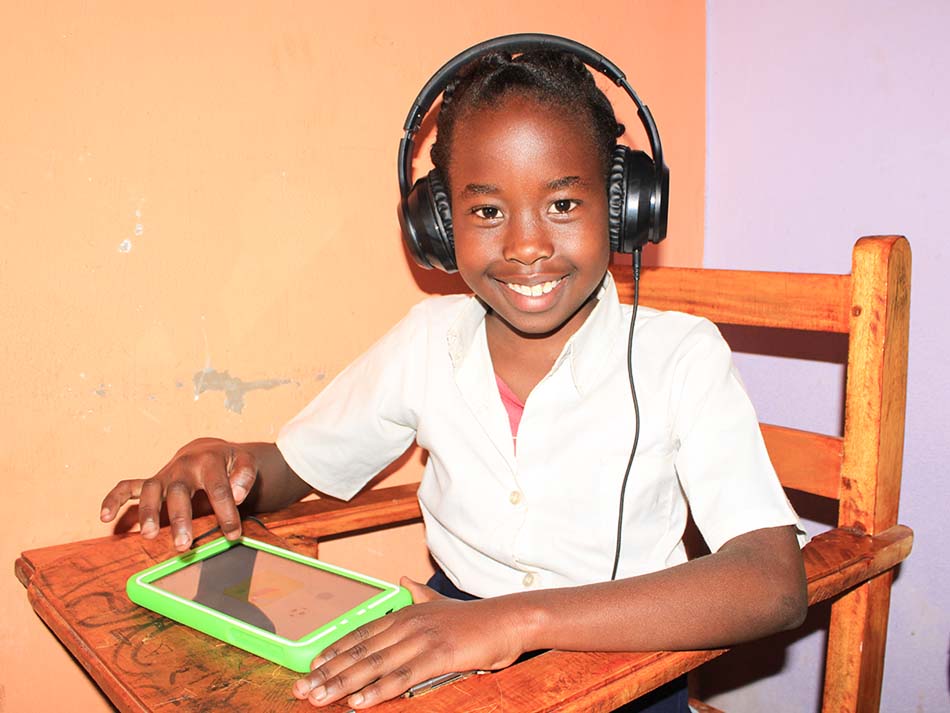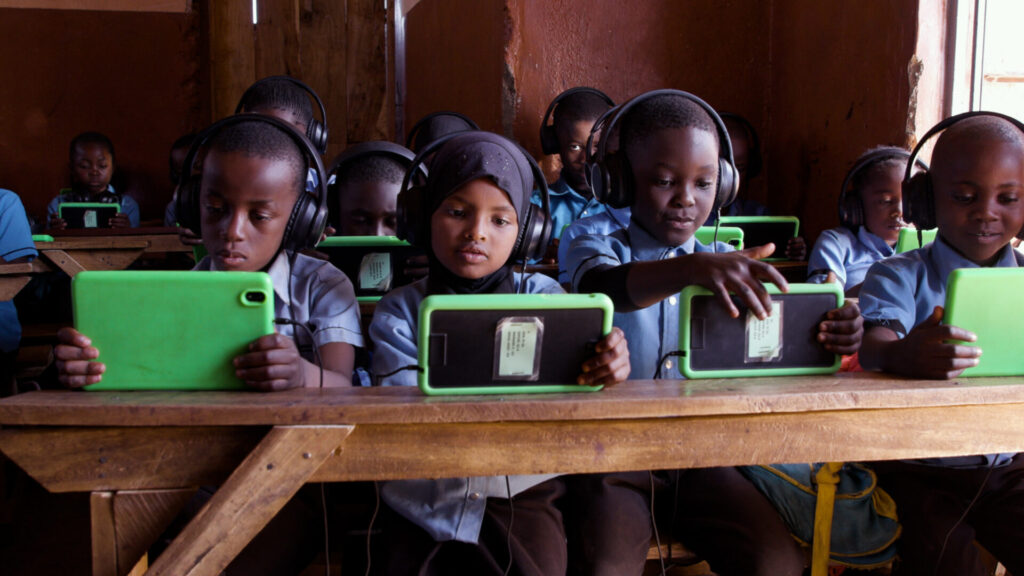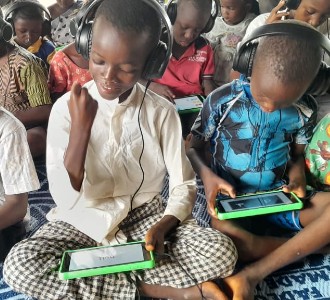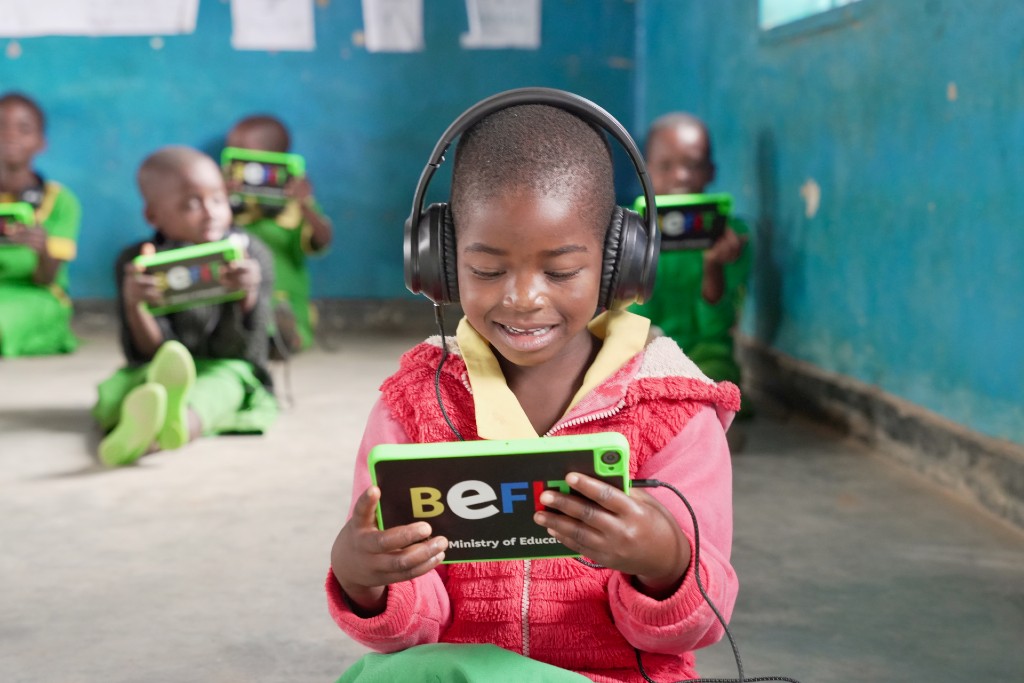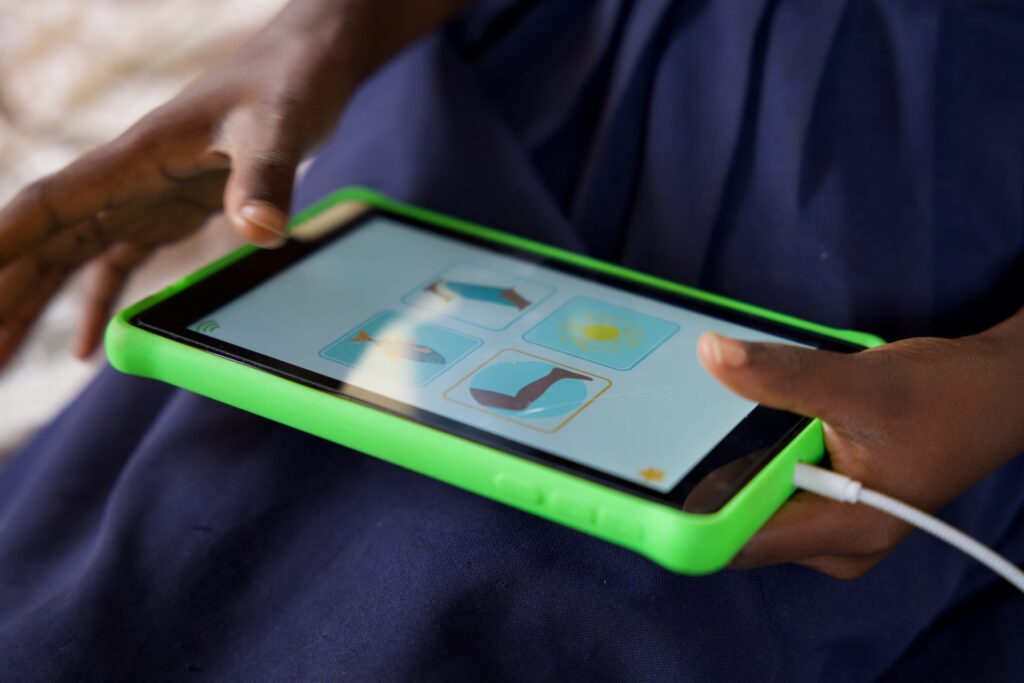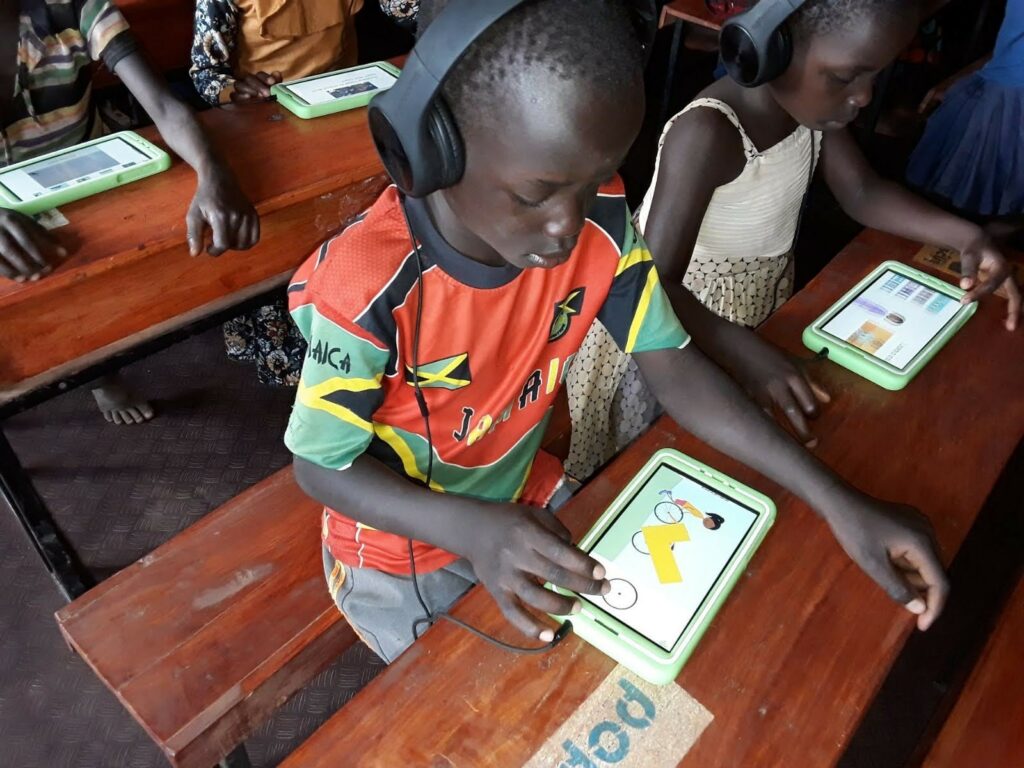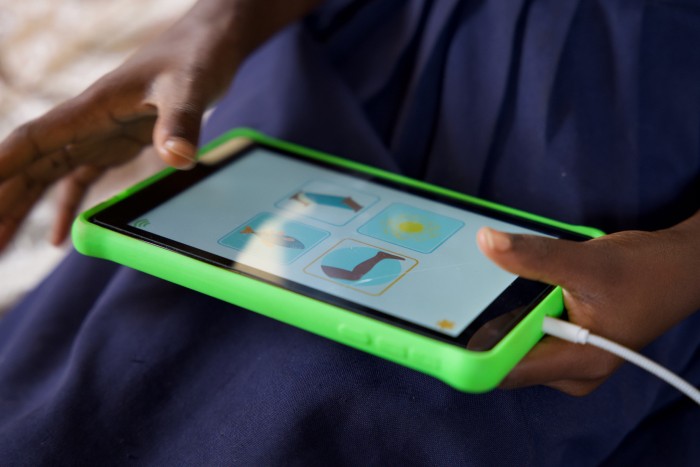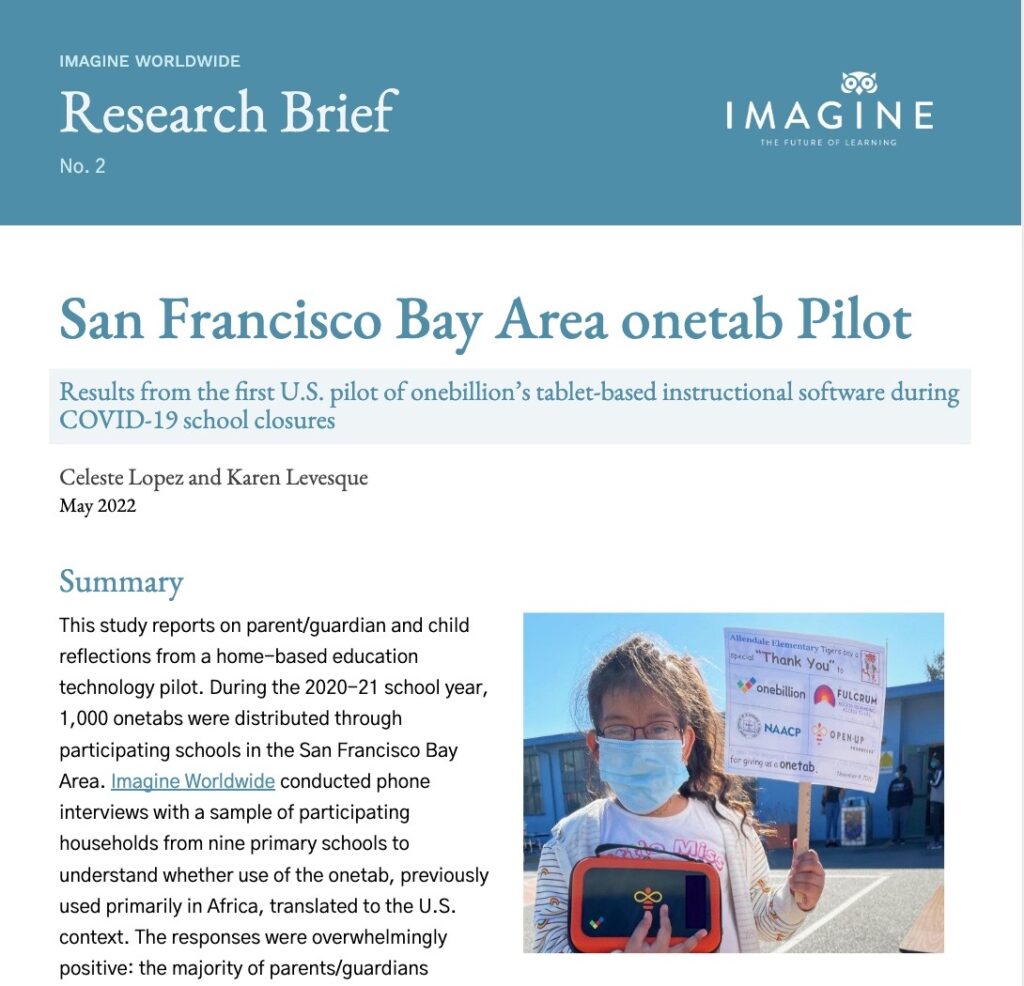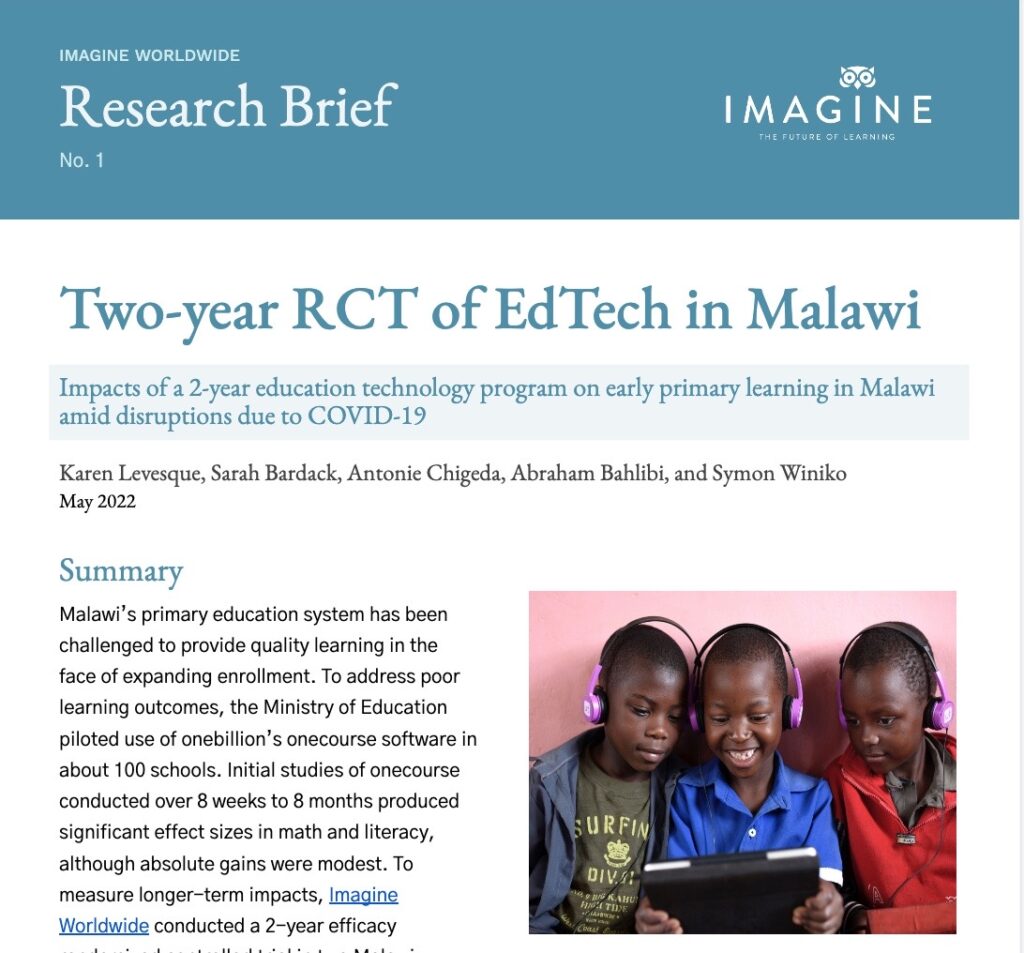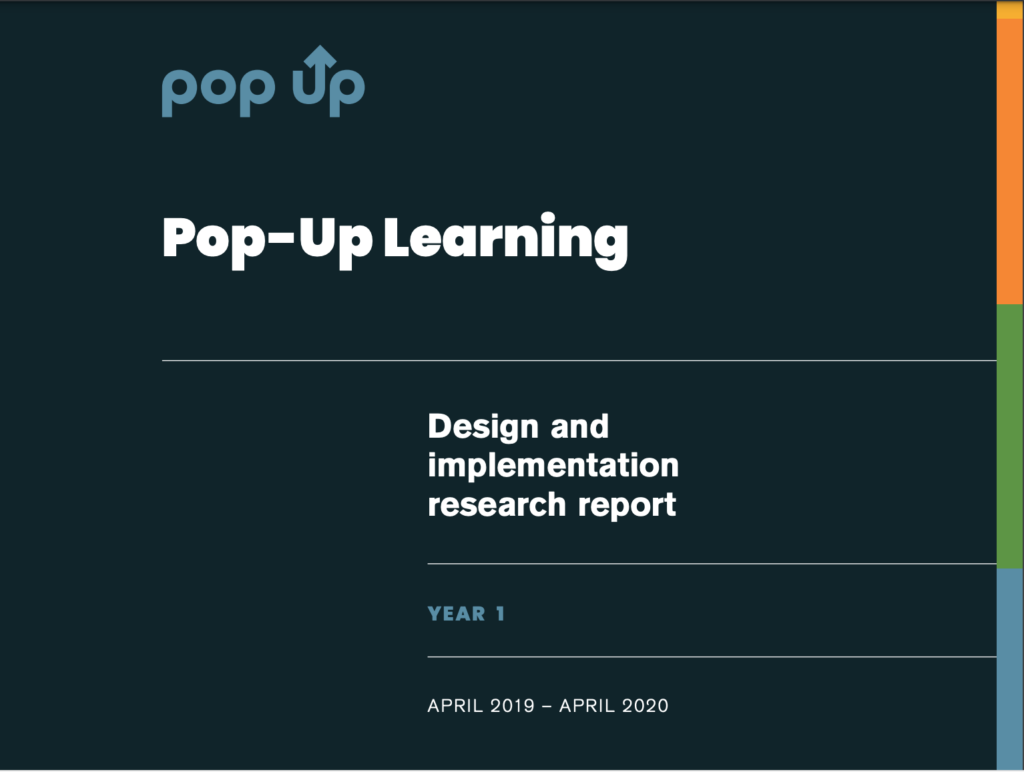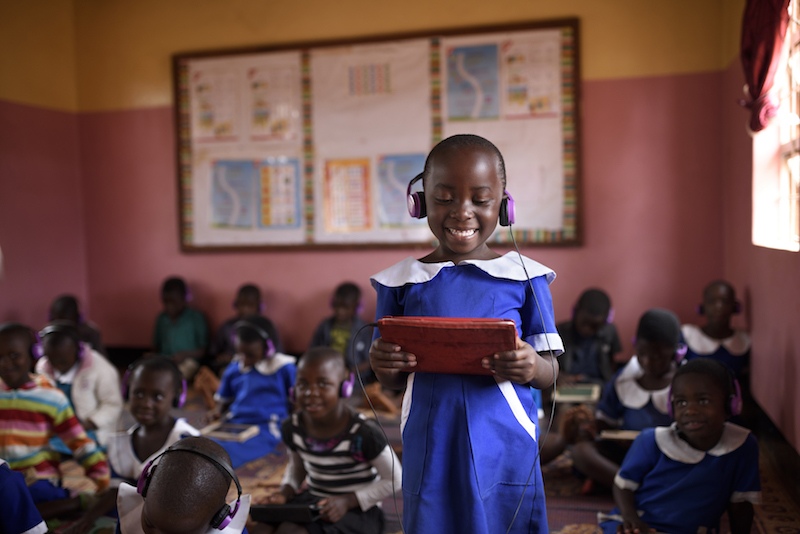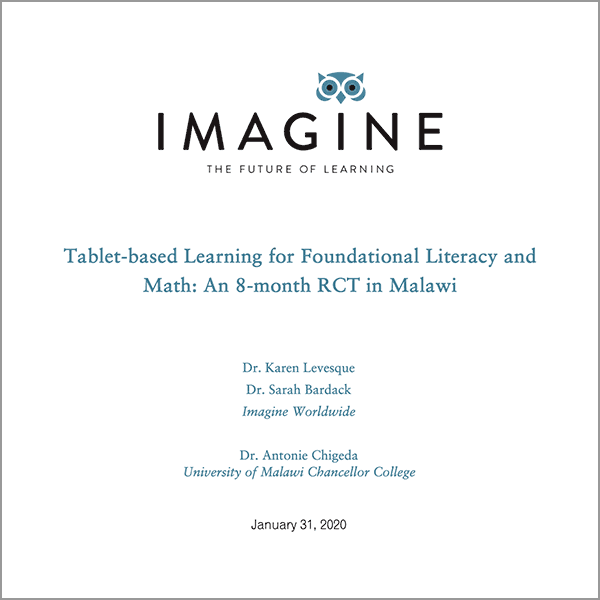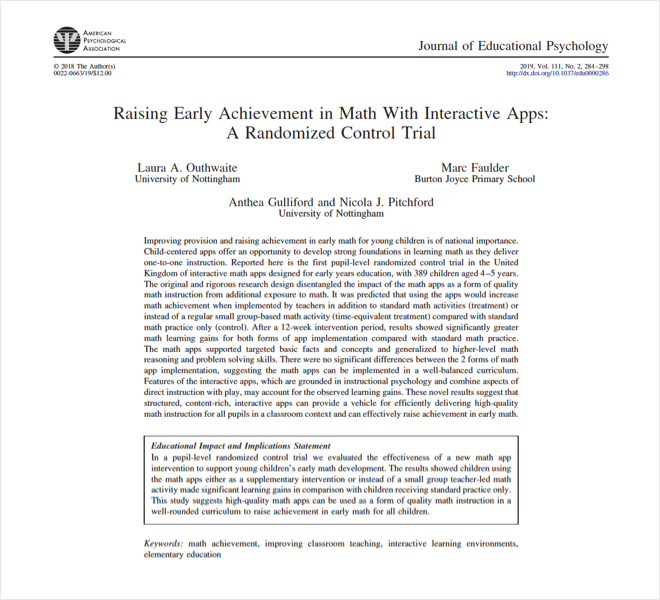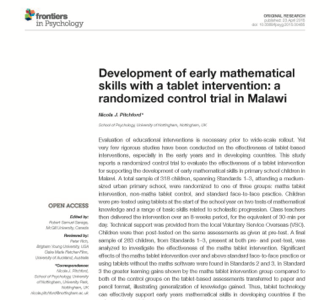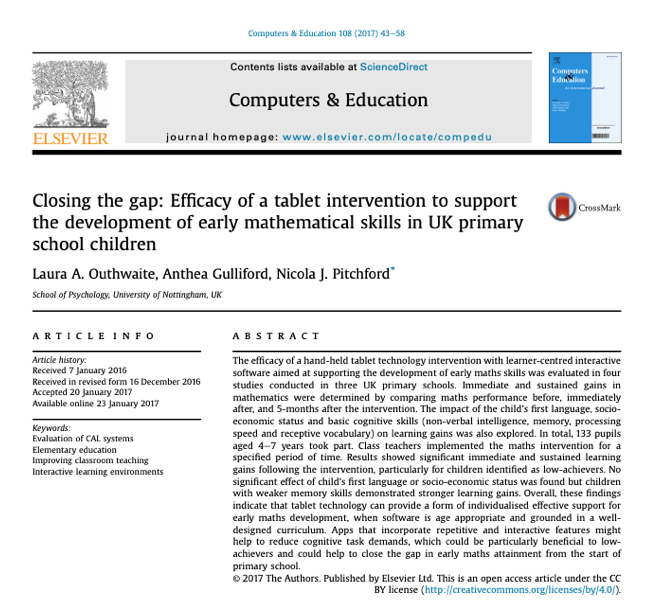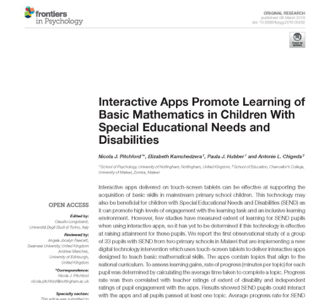- Filter by:
- All (19)
- Conference Presentations (1)
- Imagine Research Reports (9)
- Other Research (8)
- Toolkits (1)
This overview prepared by Imagine’s research team summarizes a set of assessments that have been localized and adapted to test executive function (EF) skills among school-aged children in Malawi government primary schools. These assessments are part of our efforts to uncover and eventually address barriers to learning for some children using the tablet program, and … Continue reading Executive Function Assessment Overview
This summary describes the learning gains achieved by schools that implemented the Digital Foundational Learning Program by Imagine Worldwide during school-year 2023-24 in Sierra Leone. The research results show that learning gains met expectations on all three sets of learning metrics examined. These are promising results for the first full year of program implementation. We … Continue reading Digital Foundational Learning Program in Sierra Leone
This report presents findings from research conducted by Imagine Worldwide – in collaboration with colleagues at the University of Malawi and RBC Consult – on the first year of BEFIT. A program of the Malawi government, BEFIT – Building Education Foundations Through Innovation & Technology – delivers foundational learning in literacy and numeracy through onebillion’s … Continue reading BEFIT Year 1: Research Technical Report – Executive Summary
The partners of the Digital Transformation Collaborative (DTC) – a sub-group of the Global Education Coalition launched by UNESCO in March 2020 – have come together to create a common framework for digital transformation that targets the specific needs of the education sector. This document breaks down the essential components of digital transformation in education … Continue reading UNESCO: Six pillars for the digital transformation of education
In this study published in the British Journal of Education Technology, an analysis was conducted on which app features are most effective in supporting the acquisition of foundational literacy and numeracy skills. The study compared five apps developed for the Global Learning XPRIZE and deployed to 2041 out-of-school children in 172 remote Tanzanian villages. It … Continue reading Pedagogical features of interactive apps for effective learning of foundational skills
Authors: Outhwaite, L. A., Faulder, M., Gulliford, A., & Pitchford, N. J. In a pupil-level randomized control trial we evaluated the effectiveness of a new math app intervention to support young children’s early math development. The results showed children using the math apps either as a supplementary intervention or instead of a small group teacher-led … Continue reading Raising Early Achievement in Math with Interactive Apps: A Randomized Control Trial
Author: Pitchford, N.J. Evaluation of educational interventions is necessary prior to wide-scale rollout. Yet very few rigorous studies have been conducted on the effectiveness of tablet-based interventions, especially in the early years and in developing countries. This study reports a randomized control trial to evaluate the effectiveness of a tablet intervention for supporting the development … Continue reading Development of early mathematical skills with a tablet intervention: a randomized control trial in Malawi
Authors: Laura A. Outhwaite, Anthea Gulliford, Nicola J. Pitchford The efficacy of a hand-held tablet technology intervention with learner-centred interactive software aimed at supporting the development of early maths skills was evaluated in four studies conducted in three UK primary schools. Immediate and sustained gains in mathematics were determined by comparing maths performance before, immediately … Continue reading Closing the gap: Efficacy of a tablet intervention to support the development of early mathematical skills in UK primary school children
Authors: Nicola J. Pitchford, Elizabeth Kamchedzera, Paula J. Hubber and Antonie L. Chigeda Interactive apps delivered on touch-screen tablets can be effective at supporting the acquisition of basic skills in mainstream primary school children. This technology may also be beneficial for children with Special Educational Needs and Disabilities (SEND) as it can promote high levels … Continue reading Interactive Apps Promote Learning of Basic Mathematics in Children With Special Educational Needs and Disabilities
